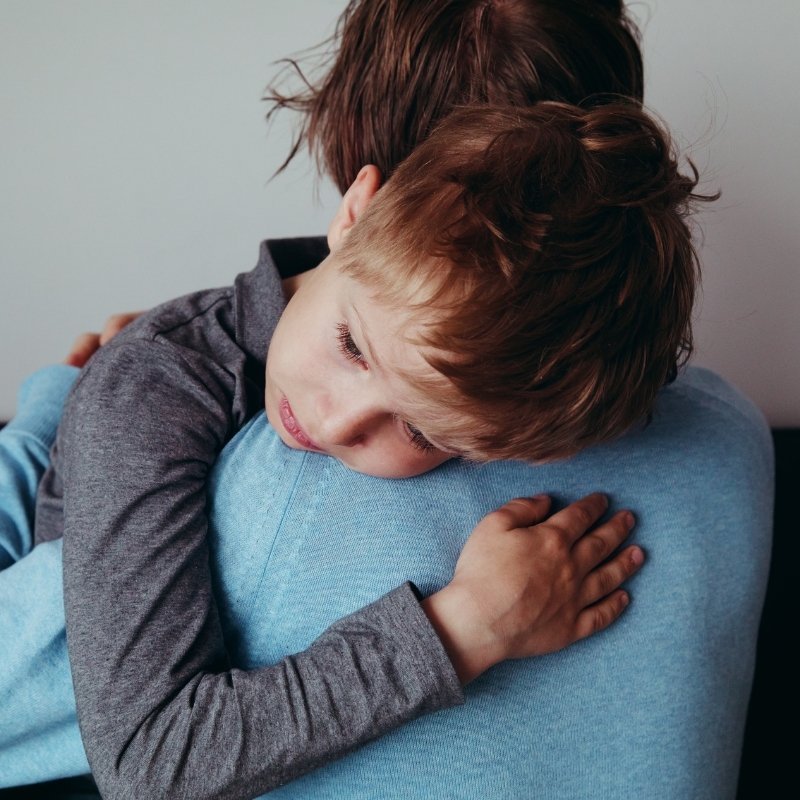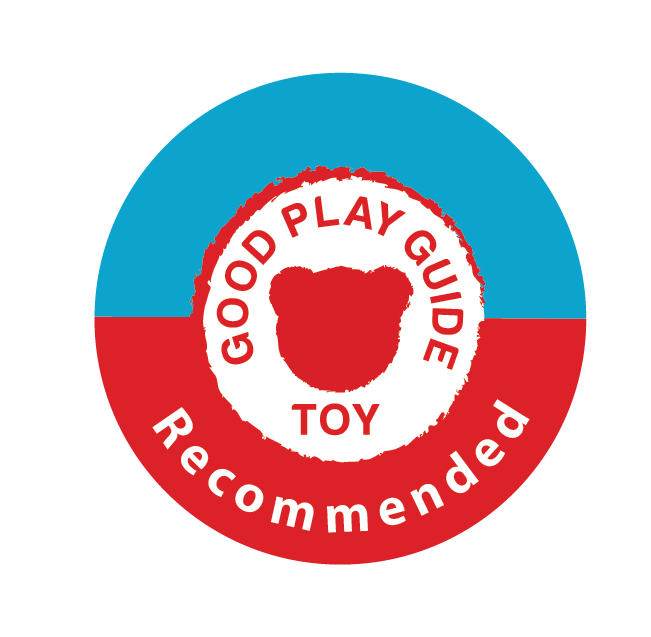
What to do if your child is being unkind to others
By Aaisha Rahim
We all aim to raise our children as kind and caring individuals so it can be shocking to hear that your child has been sending mean messages, excluding their peers from the group, or perhaps being physically violent towards others.
It doesn’t mean they are a “bad” child, but it is something that needs to be nipped in the bud, as these things can quickly escalate. So it’s important that we take the time to understand why they are feeling the need to act this way so that we can help resolve the situation in a way that helps everyone.
What leads to this behaviour?

There is no single answer to this question; there are many reasons children may feel the need to act unkindly towards their peers. Try asking yourself:
-
- Is my child being hurt by someone else physically, verbally, or emotionally? Some children may be mirroring how they are treated outside of school – hurt people hurt people.
- Do they have low self-esteem? Children with low confidence might try to bring others down so they don’t feel as bad about themselves.
- Do they struggle to fit in? Peer pressure and the need to fit in can often make children act out in ways they would otherwise not.
- Do they feel valued? Looking for attention from adults as their good behaviour doesn’t seem to get any notice. If a child struggles in school, they may not get praised very regularly, so can look for attention in other ways.
- Can they empathise with others? Some children simply don’t realise the impact of their behaviour on others so may need to develop their social and emotional skills.
Once you are able to understand where this behaviour has stemmed from, you can address the problem and start to support your child through it.
I understand what was causing my child’s behaviour. Now what?

If your child is being hurt, look further into this and find out what can be done. It might require a conversation with the person who is being mean to them, or removing your child from the situation altogether if needed or possible to do so.
You may also want to talk to your child about ways they can manage difficult emotions that come from being hurt. Arts and crafts or role play can be a good way for children to express and process their feelings to help with this.
If your child has low self-esteem, struggles to fit in, or doesn’t feel valued, look for ways to build their confidence. When they do something good, praise them – but make sure this is genuine and specific. For example, if they draw a good picture, say what you like about it.
Giving your child plenty of opportunities to succeed can help build their confidence too. This might be joining a club, building construction toys or puzzles, or preparing a meal.
We must also remember that there was a child on the receiving end of the behaviour, which means that a sincere apology should be given. This may be done verbally, through a letter, or even a gesture such as inviting the child for a play date.
Consider improving your child’s empathy skills by helping them learn more about emotions. Play can be a pressure-free way to do this in a way that engages your child.
Good Toys to help your child understand their emotions:
Big Feelings Pineapple
(3-7 Years)
£10
Children build preschool social-emotional learning skills with every face they make with the Big Feelings Pineapple™
Conker the Chameleon
(2-8 Years)
£6.99
Conker the chameleon is a picture book for children that aims to help social and emotional learning.
Big Steps: Little Big Feelings
(3-5 Years)
£6.99
The Little Big Feelings series of books help young children to manage and talk about their emotions as they start to develop their emotional intelligence.
Book of Beasties: The Mental Wellness Card Game
(6+Years)
£40
A Mental Wellness Card Game with a series of simple PSHE lessons for children.







